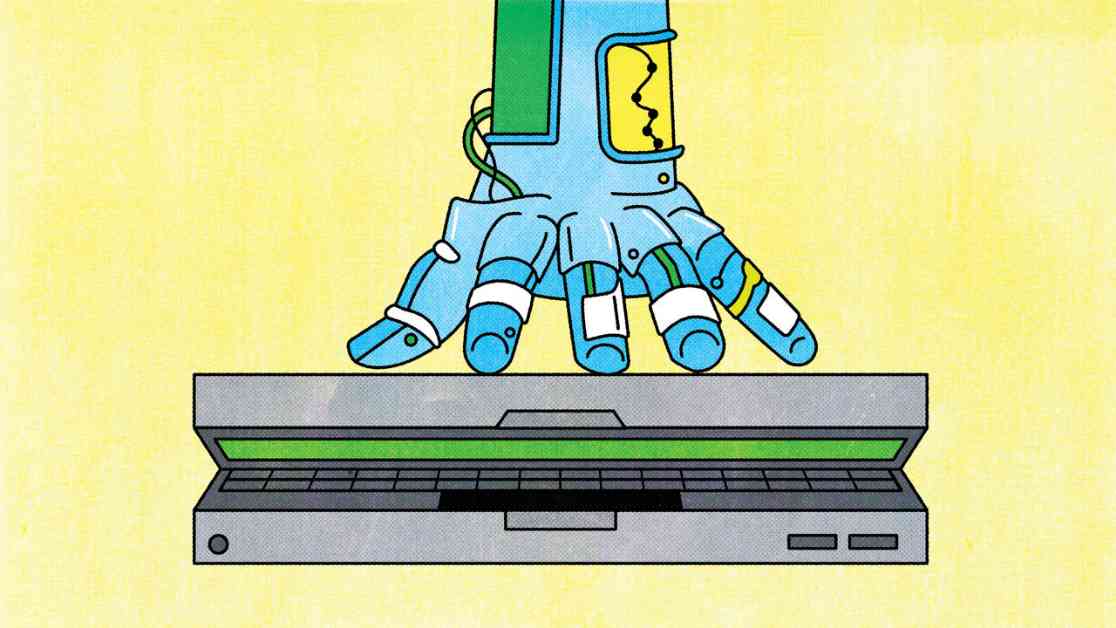Title: ChatGPT’s Rise and Corporate Fallout: Chegg’s Plunge
In a shocking turn of events, Chegg, an online education service, has seen a staggering 99% drop in its share price over the past four years. The decline can be attributed to a combination of factors, including a post-pandemic slump in digital learning. However, the real culprit behind Chegg’s downfall seems to be the rise of artificial intelligence (AI), particularly ChatGPT and similar technologies that offer a free alternative to human tutoring services.
On November 12th, during an earnings call, Nathan Schultz, Chegg’s CEO, acknowledged the challenges posed by technological advancements, stating that “technology shifts have created headwinds” for the company. As a result, Chegg announced its decision to lay off a significant portion of its workforce, signaling a grim future for the once-promising online education platform.
The Impact of ChatGPT on Corporate Victims
The emergence of ChatGPT and similar AI tools has had a profound impact on companies like Chegg, whose business model relies heavily on providing academic support to students. With ChatGPT offering a cost-effective and efficient solution to homework assistance, traditional tutoring services have struggled to compete in the digital age.
Experts speculate that Chegg’s experience is not an isolated case, as other companies in the education sector may also face similar challenges in the wake of AI advancements. The trend towards automation and AI-driven solutions is reshaping the landscape of the education industry, forcing companies to adapt or risk becoming obsolete.
Lessons Learned and Future Outlook
As the dust settles on Chegg’s dramatic decline, industry insiders are left pondering the implications of ChatGPT’s disruptive influence on traditional business models. The case of Chegg serves as a cautionary tale for companies across various sectors, highlighting the importance of staying ahead of technological developments and evolving with the times.
Moving forward, businesses must embrace innovation and leverage AI technologies to enhance their offerings and remain competitive in an increasingly digital world. While the road ahead may be challenging, companies that can adapt and innovate stand to thrive in the face of technological disruption.
Conclusion
The story of Chegg’s downfall at the hands of ChatGPT serves as a stark reminder of the transformative power of AI in today’s business landscape. As companies grapple with the implications of automation and artificial intelligence, the key to survival lies in embracing change and leveraging technology to drive growth and innovation.
As we reflect on Chegg’s fate, one can’t help but wonder: Are we witnessing the dawn of a new era where AI reigns supreme, or will traditional businesses find a way to coexist and thrive alongside these disruptive technologies? The answer remains to be seen, but one thing is certain – the age of AI is here, and companies must adapt or risk being left behind in its wake.



















